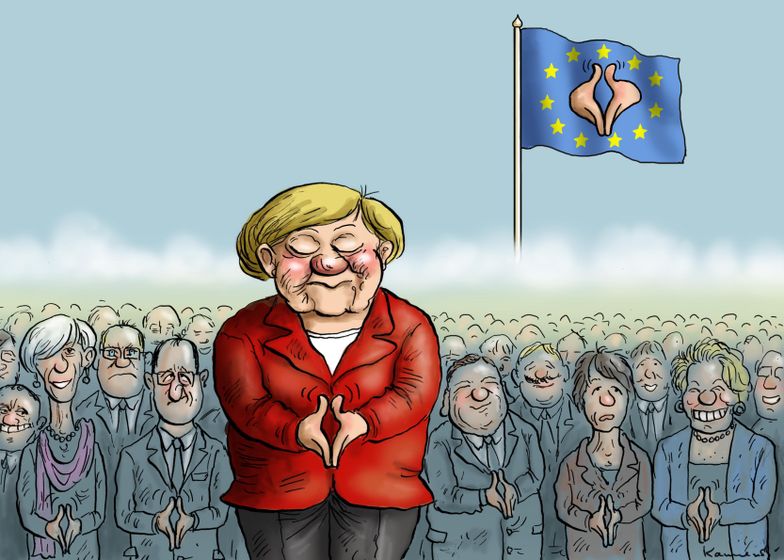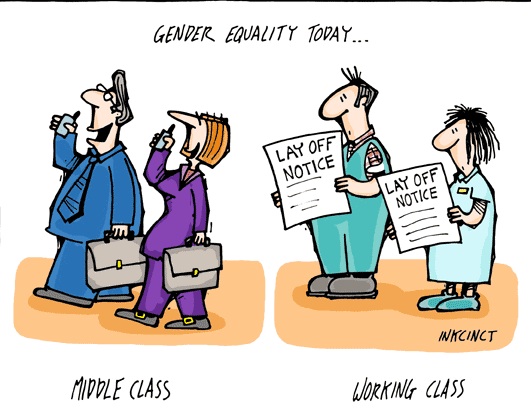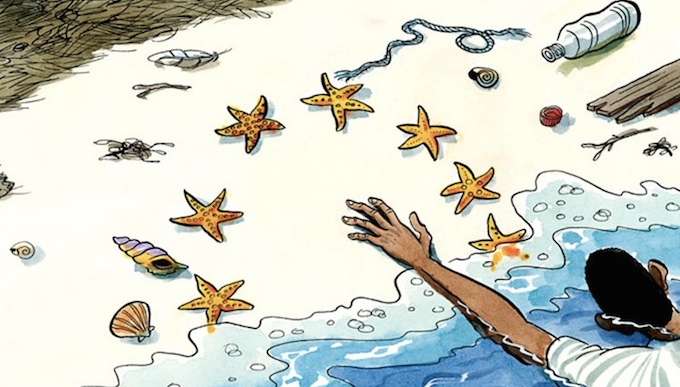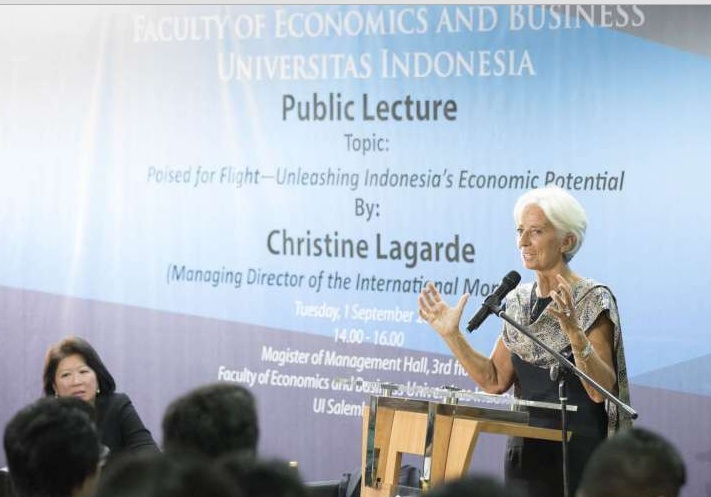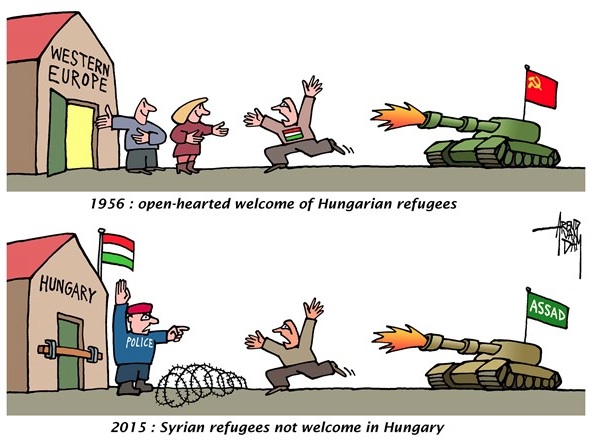Megan McArdle writes: Greece is having an important election on Sunday, and nobody seems to care. No one has exhibited any notable enthusiasm for the upcoming vote; some of them hadn’t even decided whether they were going to bother casting a ballot, or if so, who they would be voting for. People seem weary of elections.
Besides, there’s only one real issue in the election: the bailout agreement that was most recently negotiated (after a summer referendum resoundingly rejected the previously proposed bailout agreement).
The anti-establishment vote has few outlets these days. It’s not clear that Popular Unity is even going to get 3 percent of the vote, the threshold needed to take seats in parliament, and at best, they’ll be a small presence. For that matter, even the Communists are being almost disgustingly reasonable about the whole thing. The biggest concern is that the anti-establishment vote will boost the totals for Golden Dawn, the far-right party which this week took “political responsibility” for the murder of a rapper by one of its supporters. But even a big boost in its vote tally, while worrying, will not put Golden Dawn into the government.
So the only real issue is who is going to implement the deal. This actually does matter, a lot. But it’s not entirely clear which option would be better: New Democracy, which staunchly opposes Grexit, but which wasn’t exactly a model of zealous reform the last time they were in office; or Syriza, whose prior grandstanding ended in the current deal, and also a banking crisis from which the country is still struggling to recover.
Would it be better for Syriza to run things, since after all, they’re the ones who created the latest crisis and negotiated the current deal; they should pay the political price for its results. And if they’re not in the government, then they’ll be in the opposition, where they’ll be free to snipe from the sidelines and whip up voter discontent over painful but utterly necessary reforms.
The other theory is that Syriza needs to take a black eye over the events of the last few months, and that while New Democracy is going to have the same problems implementing reforms that they did the last time they were in office, they’re still better than the alternative.
Though no one seems to think that Syriza would be exactly ideal in the opposition, losing the election would probably throw the party into some disarray, making it harder for them to mount an effect campaign against the program during the critical coming months when the banking system must be recapitalized, and another round of fiscal and structural adjustment must be undertaken in order to demonstrate good faith to the creditors. So perhaps it’s more important to send a message than to keep them inside the tent.
More people predict a victory for Syriza than New Democracy, including some New Democracy supporters.
If Tsipras does win, it will be a pretty amazing testimony to his political skills. He came to office campaigning for a tougher line against Europe, caused a banking crisis, then caved and ended up signing an unfavorable agreement to avoid a Greek exit from the euro. Even a shrunken majority would be a pretty remarkable achievement under those circumstances.


